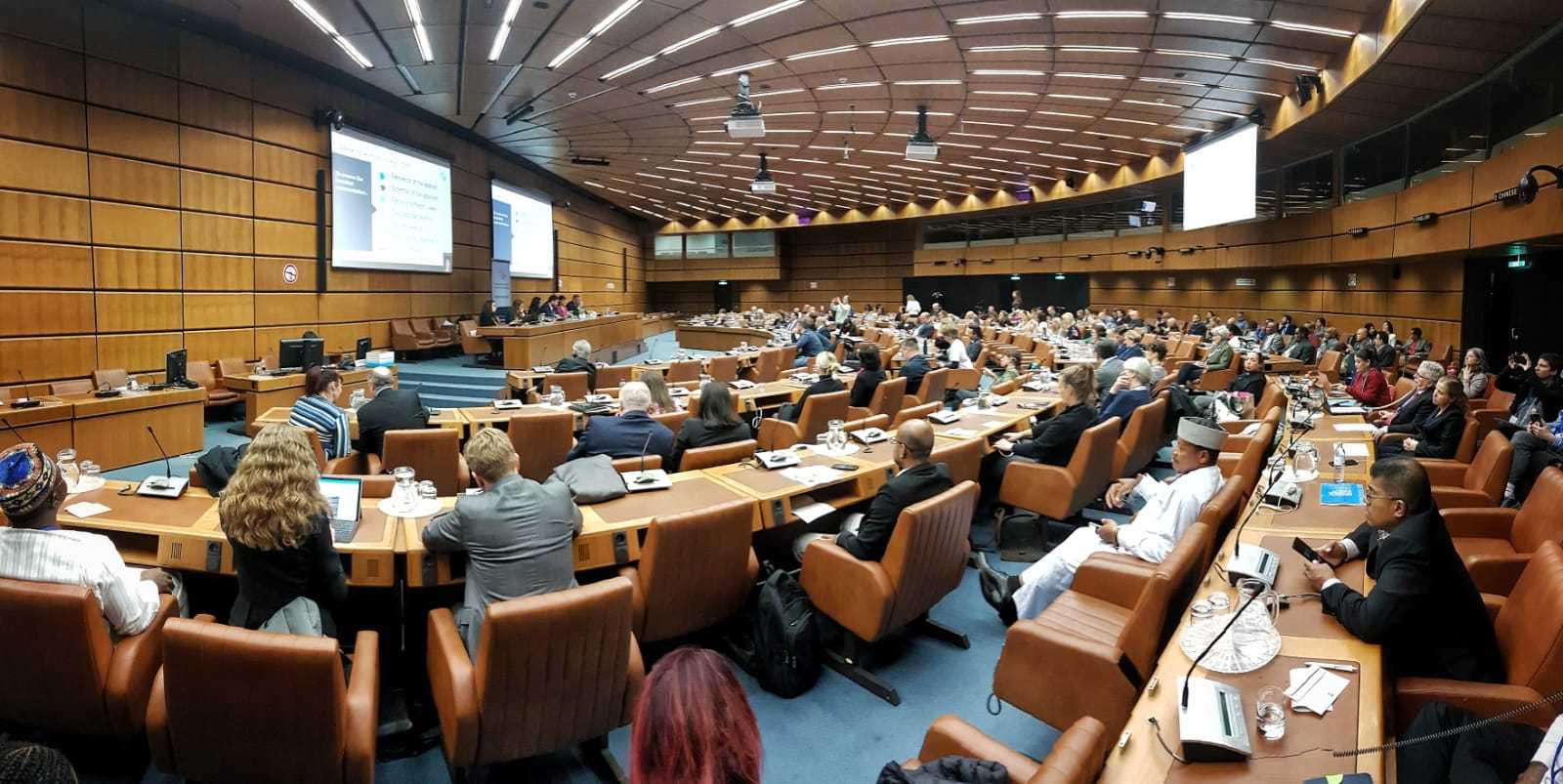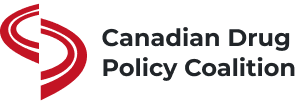Across the globe, there is a shift underway: governments are recognizing how prohibition fuels high-level transnational organized crime and violence. We need new approaches.

The global narrative on drug policy is shifting. A growing number of governments are turning away from criminal law and punishment as the primary approach to substance use. Canada has an opportunity to play a key leadership role in this shift.
The Canadian Drug Policy Coalition currently engages in international drug policy through cross-border civil society collaboration and knowledge sharing, and participation in international policy processes.
We are a member of the International Drug Policy Consortium, the New York Non-Governmental Committee on Drugs, and the Vienna Non-Governmental Committee on Drugs.
We participate in the Canadian Civil Society Working Group on United Nations Drug Policy, a group consulted by the Government of Canada in relation to the Commission on Narcotic Drugs, the primary United Nations policymaking body for drug-related matters. The working group provides input into official government statements, positions and language to consider during negotiations on resolutions. Members of the working group act as civil society representatives on the official Canadian government delegation that attendsthe Commission on Narcotic Drugs. CDPC joined the Canadian delegation for CND66 & CND67.
In March 2024, at CND67, we co-sponsored two side-events and spoke at one on “Decriminalization as a Public Health and Human Rights Approach to Drug Policy.”
Explore examples of CDPC contributions to international processes and bodies below.
The Office of the High Commissioner for Human Rights:
- Submission for the study on the decriminalization of homelessness and extreme poverty
- Submission regarding the Human Rights Council resolution 52/24 – “Contribution of the Human Rights Council with regard to the human rights implications of drug policy”
International Narcotics Control Board (INCB):
- Statement during the INCB Civil Society Hearing on the topic of “scenarios and possible responses to the rapid expansion of synthetic drug manufacture, trafficking, marketing and consumption”.
- Internationally, there is growing attention to the harms of the three international drug control conventions and increasing attention to violations of human rights, environmental impacts and calls for decimalization and legal regulation. There was a historic moment at CND 67 when, for the first time ever, the term “harm reduction” appeared in a resolution (E/CN.7/2024/L.5/Rev.2) and two resolutions went to a vote instead of the decades-long norm of being adopted by consensus.
